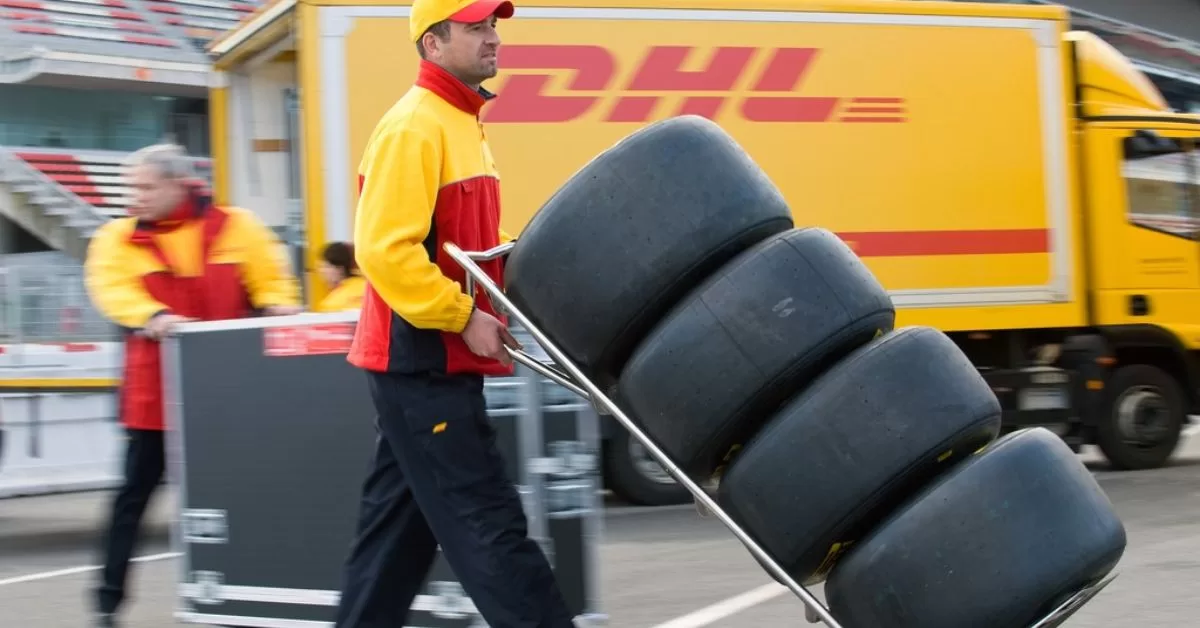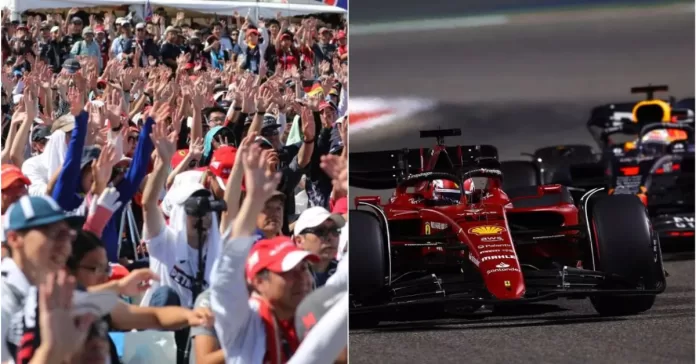Hosting a Formula One Grand Prix is no small feat. The event brings together cutting-edge technology, high-speed racing, and a global audience. However, behind the glamour and excitement lie significant challenges in terms of economic impacts and logistics.
Youtube cc: @WTF1official
Formula One is the pinnacle of motorsport, characterized by high-speed racing and cutting-edge technology. Transition words like “Furthermore,” “In addition,” and “Moreover” can be used to maintain the flow of the paragraph. The sport captivates millions of fans worldwide with its thrilling races and iconic drivers. Teams tirelessly develop their cars, seeking every advantage to claim victory. The sport’s intense competition and rivalries create an electrifying atmosphere both on and off the track. Furthermore, Formula One serves as a platform for technological innovation, pushing the boundaries of engineering excellence. The global appeal and massive following of Formula One demonstrate its enduring popularity and status as one of the world’s most prestigious and prestigious sporting events.
Economic Impacts and Logistics in Hosting a Formula One Grand Prix
Hosting a Formula One Grand Prix has the potential to generate substantial economic benefits. Firstly, it injects revenue into the local economy through tourism, accommodation, and hospitality sectors. Secondly, it stimulates job creation, both temporary and permanent, across various industries. These economic effects ripple through the region, bolstering businesses and providing opportunities for growth.

The logistics involved in hosting a Formula One Grand Prix are complex and demanding. From securing a suitable track location to ensuring safety measures, multiple factors must be meticulously coordinated. The construction or adaptation of circuits, pit areas, grandstands, and media facilities demands careful planning and execution.
Transportation is another crucial logistical challenge. Moving the teams, equipment, and spectators efficiently requires coordinating air, land, and sea transportation. Accommodating the arrival and departure of thousands of people and handling high-value and delicate race cars necessitates precise coordination and meticulous organization.
Safety Security and Environmental Considerations
Formula One is increasingly embracing environmental sustainability. Host cities face the challenge of minimizing the event’s ecological footprint. Striving for carbon neutrality, reducing waste, and adopting eco-friendly practices are essential aspects that require careful attention during event planning and execution.

Hosting a Formula One Grand Prix presents significant challenges in terms of economic impacts and logistics. However, the rewards can be substantial, with a boost to the local economy, job creation, and global exposure. Successfully managing complex logistics, ensuring safety and security, and embracing environmental considerations are key factors in hosting a successful event.
READ MORE: The Power of Teamwork: Uniting Drivers and Pit Crew in Formula One
Despite the challenges, the thrill and spectacle of Formula One racing continue to captivate audiences worldwide, making it a worthwhile endeavour for host cities.


